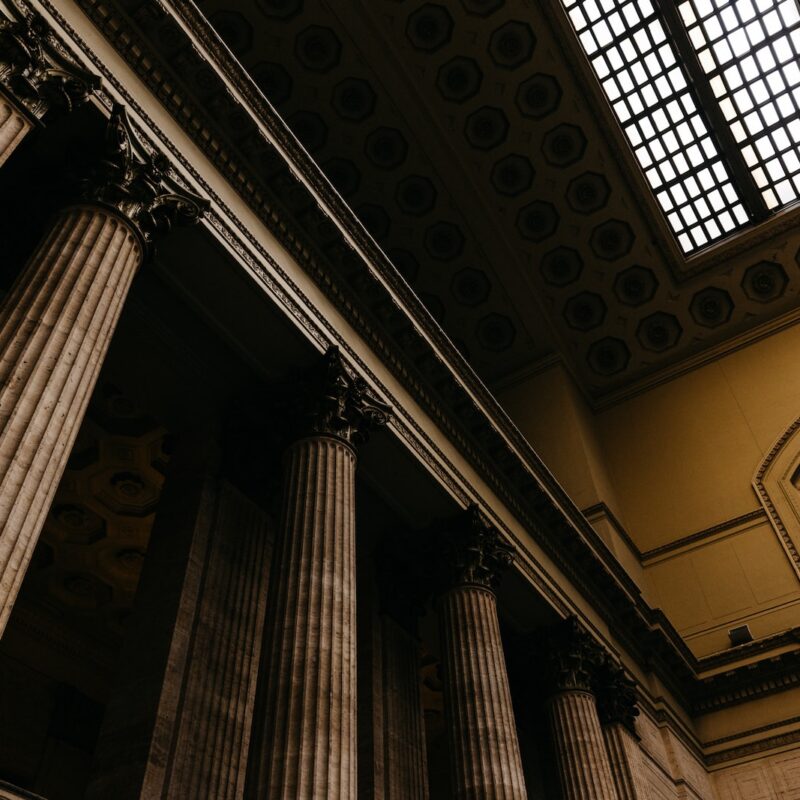Rights Granted Under US Copyright Law
As a creative, your work is your livelihood. Whether you’re a songwriter, filmmaker, designer, or content creator, knowing your rights under U.S. copyright law is essential to protecting and monetizing your intellectual property.
Knowing your copyright rights isn’t just about protecting your art… it’s about owning your value. Each of these rights offers a way to control, protect, and profit from your creative output.

The 6 Exclusive Rights You Hold
Under Section 106 of the U.S. Copyright Act, copyright holders are granted the following six exclusive rights:
Reproduction
You control whether your work can be copied in any form.
Even partial copying can infringe this right if it’s “substantial and material.” Examples of unauthorized acts include sampling a song, duplicating software, photocopying a book page, or using a cartoon character on a t-shirt.
Why it matters: No one can legally copy your work without permission.
Distribution
You decide how your work is distributed, whether it’s sold, rented, streamed, or shared.
This right lets the copyright holder control how a work is first made available to the public (by sale, rental, lease, or lending) and block unauthorized distribution. However, under the “first sale doctrine”, once a copy is lawfully sold, the copyright holder can’t control its resale or rental. Exceptions exist, such as restrictions on renting software and sound recordings.
Why it matters: You decide how and where your work is released.
Derivative Works
You control transformations of your work, such as remixes, sequels, or translations.
According to the Copyright Act, a derivative work is a new creation that’s based on, and transforms, a preexisting work. This includes adaptations like turning a novel into a screenplay, a painting into a digital design, or an original song into a remix or arrangement. The key is that the new work recasts, transforms, or builds upon the original in a meaningful way.
Why it matters: A remix of your beat, a movie based on your book, or a comic turned into animation must be authorized by you.
Public Performance
You have the exclusive right to present your work in public, whether live in person or through broadcast.
The public performance right lets the copyright holder control when and where their work is performed publicly. A performance is “public” if it takes place in a venue open to the public, among a large group outside of friends and family, or is broadcast to multiple locations (e.g., TV or radio). For example, showing a rented movie in a public park without a license violates this right, but watching it at home with friends does not.
Why it matters: If your song is played on the radio or performed on stage, you’re owed royalties.
Public Display
You control public showings of your work, whether it’s in galleries, exhibitions, websites, or on merchandise.
The public display right allows copyright holders to control how their work is shown publicly. It applies to works like books, music, plays, choreography, artwork, sculptures, and stills from films. “Public” display follows the same definition as public performance — shown in public spaces or to large groups outside of friends and family.
Why it matters: Visual artists and designers benefit from this when their work is displayed commercially.
Digital Audio Transmission
A special right just for sound recordings when transmitted digitally.
This right was added in 1995 to ensure performers, producers, and labels are paid when recordings are streamed online. It covers digital audio transmissions, such as streaming on Pandora or Sirius XM, digital jukeboxes, internet radio, or other digital broadcasts. However, it doesn’t apply to AM/FM radio or live shows (which are covered under the public performance right).
Why it matters: It ensures creators of recordings get paid in the digital age.
Unauthorized use of any of these rights is called infringement, and you have legal grounds to enforce your rights. This can include takedown notices, licensing demands, or lawsuits.
To strengthen your protection:
- Register your work with the U.S. Copyright Office. This is key if you want to sue for damages.
- Use clear licensing agreements when collaborating or publishing.
- Consider legal advice if your work is used without permission.
Whether you’re releasing music, designing visuals, or publishing content, these rights are your power.